
【内容简介】
在专制时代的等级体系和社会关系中,贵贱之分,十分重要。所谓的“贱”,在古代的文献中有两种不同的意义:第一种含义是官民关系,以官为贵,以民为贱,以强调名器之尊;另一种含义,是指在社会上处于特别低下的法律地位和社会地位、没有独立人格的个人,以及由这些人构成的等级。而贱民的存在,也成为封建等级制度的重要特征之一。
作为一部完整意义上的清代等级制度史,《清代社会的贱民等级》可谓开创了中国封建等级制度的一种研究范式,作者融合历史学、社会学、政治学、经济学和法律学等学科知识,首次从等级视角系统探讨了贱民在清代社会中的地位以及贱民等级内的等第划分,深刻揭示了清代社会等级制度的结构状况、发展特点及其社会功能。
本书对清代的奴婢、堕民、丐户、九姓渔户、疍户、乐户、佃仆等各类贱民的来源、身份特征、法律地位、社会地位,以及法律身份解放的过程等进行了多方面的探讨,提出了一些前人未曾论及的问题以及不同于前人的见解。本书的诸多论述,对读者了解清代社会等级制度的形成和发展、社会阶层的流动与固化深有裨益。
作者简介
经君健,男,1932年生于北平,原籍江苏仪征。先后就读于燕京大学、北京大学经济系,1954年毕业后到中国科学院经济研究所工作,历任研究实习员、助理研究员、副研究员、研究员。曾兼任经济所中国经济史研究室主任、中国社科院研究生院经济系副主任、教授、博士生导师。中国社会科学院荣誉学部委员。社会工作曾先后兼任中国经济史学会秘书长、会长、名誉会长。第八、九届全国政协委员、九届全国政协社会和法制委员会委员。学术专业为中国社会经济史,主要研究清代社会的等级问题。主要研究论著:《试论清代等级制度》(《中国社会科学》1980年第6期)于1993年获“中国社会科学院1977-1991年优秀科研成果奖”及经济所优秀成果奖)。《清代社会的贱民等级》(浙江人民出版社1993年版;中国人民大学出版社2009年版)。《试论地主制经济与商品经济的本质联系》(《中国经济史研究》1987年第2期),获1988年度第三届“孙冶方经济科学奖”。《经君健选集》(中国社会科学出版社2011年版);《清朝社会等级制度论》(中国社科院学部委员专题文集(2016))。主编《中国经济通史·清代经济卷》中册(经济日报出版社2000年版;中国社科院2003年优秀成果三等奖、2003年郭沫若二等奖)。主编《严中平文集》(中国社科1996;《严中平集》“中国社会科学院学者文库”(2011)。
【 Content Introduction 】
In the hierarchical system and social relations of the authoritarian era, the distinction between nobility and inferiority is very important. The so-called "base" has two different meanings in the ancient literature: the first meaning is the relationship between officials and the people, taking the officials as the precious, and the people as the low, in order to emphasize the honor of the name; The other meaning refers to individuals who are in a particularly low legal and social status in society, who have no independent personality, and the hierarchy composed of these people. The existence of untouchables also became one of the important characteristics of the feudal hierarchy.
As a complete history of the caste system in Qing Dynasty, the Rank of Untouchables in Qing Dynasty Society can be said to have created a research paradigm of the feudal caste system in China. The author integrates the knowledge of history, sociology, politics, economics and law, and systematically discusses the status of untouchables in Qing Dynasty society and the rank division of untouchables from the perspective of hierarchy for the first time. It deeply reveals the structure, development characteristics and social functions of the social hierarchy system in Qing Dynasty.
This book discusses the sources, identity characteristics, legal status, social status, and the process of liberation of legal status of dalits in Qing Dynasty, such as slaves and maidservants, floppes, beggars, nine-name fishermen, Tanka, Lehu, and tenancy servants, and puts forward some problems that have not been discussed before and opinions different from those of predecessors. Many of the discussions in this book are helpful for readers to understand the formation and development of social hierarchy in Qing Dynasty, and the flow and solidification of social classes.
About the author
Jing Junjian, male, was born in Peiping in 1932, originally from Yizheng, Jiangsu Province. He studied at the Economics Department of Yenching University and Peking University successively. After graduation in 1954, he worked at the Institute of Economics of the Chinese Academy of Sciences, successively serving as a research intern, assistant researcher, associate researcher and researcher. He served as director of the Research Office of Chinese Economic History of the Institute of Economic Sciences, deputy Director, professor and doctoral supervisor of the Department of Economics of the Graduate School of the Chinese Academy of Social Sciences. Member of the Honorary Department of Chinese Academy of Social Sciences. Social work has served as Secretary general, president and honorary president of China Economic History Society. Member of the 8th and 9th National Committee of the Chinese People's Political Consultative Conference and the 9th Committee of Social and Legal Affairs of the Chinese People's Political Consultative Conference. His academic specialty is Chinese social and economic history, and he mainly studies the social hierarchy in Qing Dynasty. Main research books: "On the Qing Dynasty Hierarchy" (Chinese Social Sciences, No. 6, 1980) in 1993, won the "Chinese Academy of Social Sciences 1977-1991 Outstanding Scientific Research Award" and the Institute of Economic Sciences Outstanding Achievement Award). The Rank of Untouchables in Qing Dynasty Society, Zhejiang People's Publishing House, 1993; China Renmin University Press (2009). "On the Essential Connection between landlord economy and commodity economy" (Research on Chinese Economic History, 1987, No. 2), won the third "Sun Yefang Economic Science Award" in 1988. Selected Works of Jing Junjian (China Social Sciences Press, 2011); On Social Hierarchy in Qing Dynasty (2016). Editor-in-chief, Economic Volume of Qing Dynasty, Economic History of China (Economic Daily Press, 2000); Chinese Academy of Social Sciences 2003 excellent achievement third prize, 2003 Guo Moruo second prize). Editor-in-chief of Yan Zhongping's Collected Works (China Social Science, 1996; Yan Zhongping Collection, Library of Scholars of Chinese Academy of Social Sciences (2011).
 热门标签
热门标签
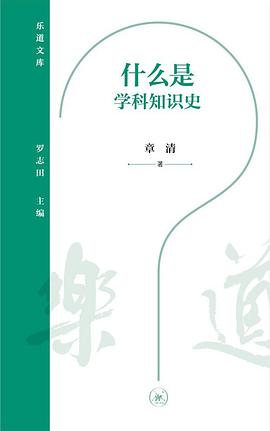

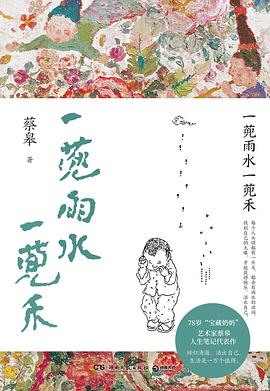

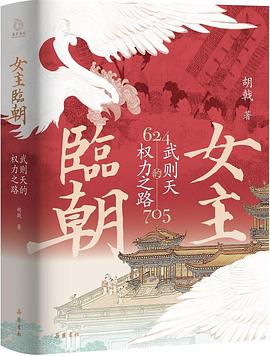
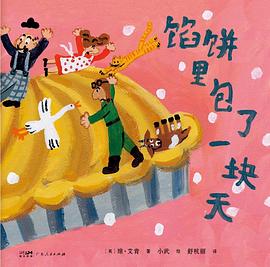

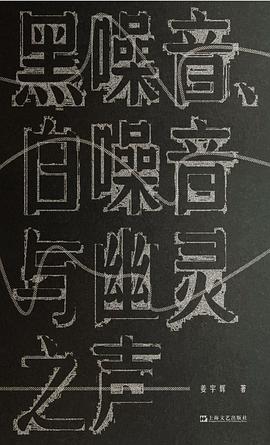



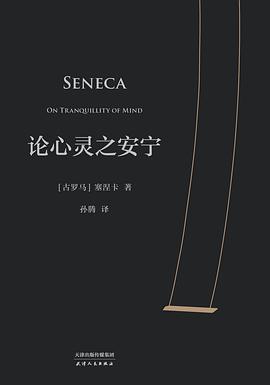
 书单推荐
书单推荐